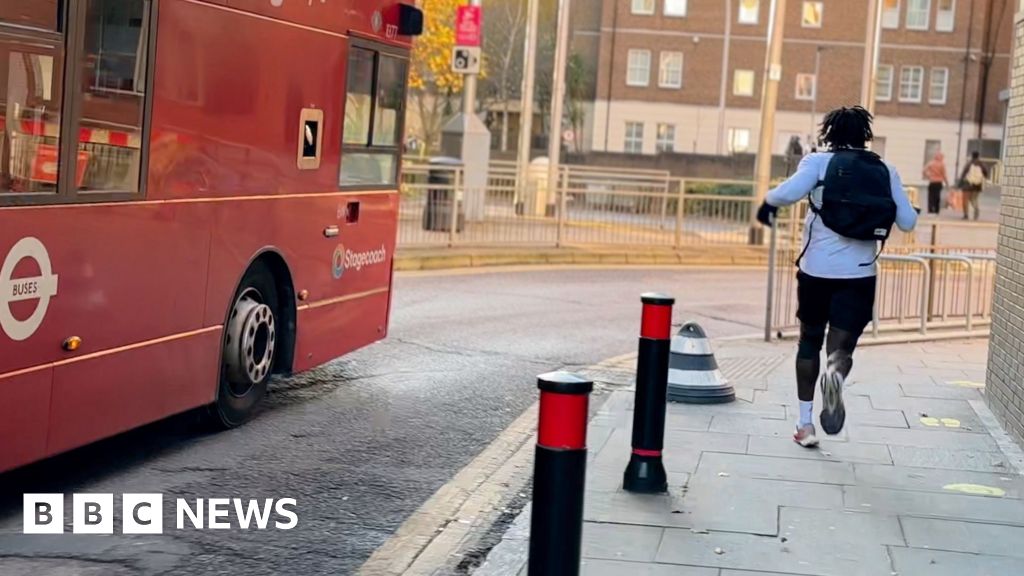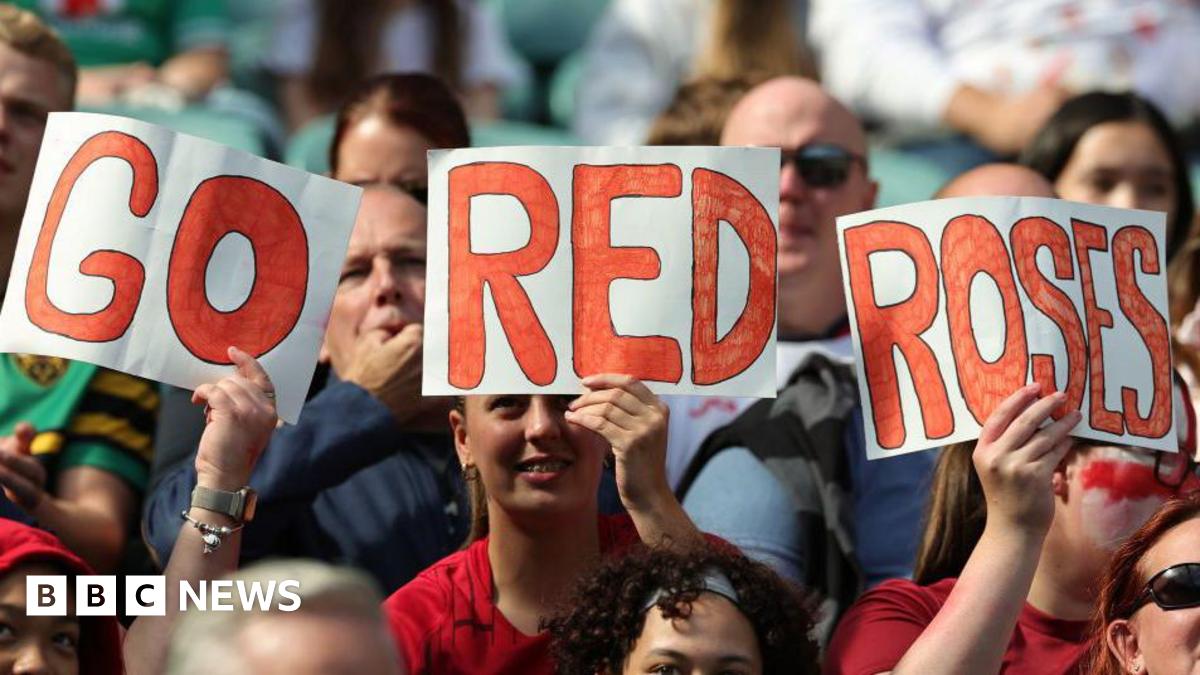World
The brightest city in the world – London is only fourth

The brightest capital city in the world might come as a surprise given that it is not a European, concrete jungle full of glass and skyscrapers.
New research conducted by Feel Good Contacts shows that many of the cities known for their bright lights and nightlife are not as bright we might think.
For example, Seoul, the high-tech metropolis is in 20th place whilst Paris only just scrapes into the top 20 at 19.
London, famous for landmarks such as Piccadilly Circus makes is ranked as the fourth brightest city in the world, a surprise perhaps to some given its reputation for rain and cloud.
The research team took a list of 50 capital cities and measured their light pollution levels and artificial brightness level of each city to compile their rankings.
Whilst Saudi Arabia might not be the first country to come to mind when considering the brightest, the team say that because it was largely an open desert until the recent growth of urban cities, it receives unmatched levels of sunlight which bolstered its score.
Benefitting from not only natural light, Saudi Arabia’s financial hub is also illuminated by street lights, office buildings and the annual light festival Noor Riyadh. This is clearly shown in its light pollution level which is almost 19mcd/m².
London narrowly came ahead of Buenos Aires whilst Washington DC took third place.
The biggest surprise perhaps comes from the capital in second place, as Moscow, a city synonymous with Soviet-era concrete buildings and cloudy, freezing weather took the runners up spot.
The world’s brightest cities are dominated by large cities with high populations, with most people likely not surprised to see advertising hotspots like London and Dubai towards the top of the list.
The top 10 is dominated by cities in the northern hemisphere which gets more hours of direct sunlight per day.
The research team highlight that there are potentially serious consequences from high-levels of light exposure, as they point to a correlation between brightness and population vision loss.
According to the research, two of the darkest capitals in the world, Reykjavík and Luxembourg have annual vision loss of 4%, whilst Saudi Arabia has levels of 12% and Russia 14%.
Riyadh – Saudi Arabia
Moscow – Russia
Washington DC – United States
London – England
Buenos Aires – Argentina
Athens – Greece
Dubai – United Arab Emirates
Madrid – Spain
Lisbon – Portugal
Tokyo – Japan
–
Rome – Italy
Singapore – Singapore
Santiago – Chile
New Delhi – India
Cape Town – South Africa
Jakarta – Indonesia
Beijing – China
Bangkok – Thailand
Paris – France
Seoul – South Korea
–
Nicosia – Cyprus
Warsaw – Poland
Ankara – Turkey
Helsinki – Finland
Bucharest – Romania
Stockholm – Sweden
Brasilla – Brazil
Brussels – Belgium
Oslo – Norway
Zagreb – Croatia
–
Mexico City – Mexico
Dublin – Ireland
Tallinn – Estonia
Berlin – Germany
Budapest – Hungary
Riga – Latvia
Canberra – Australia
Bratislava – Slovakia
Copenhagen – Denmark
Sofia – Bulgaria
–
Taipei City – Taiwan
Vienna – Austria
Prague – Czech Republic
Amsterdam – Netherlands
Vilnius – Lithuania
Wellington – New Zealand
Ljubiana – Slovenia
Luxembourg – Luxembourg
Reykjavik – Iceland
Bogota – Colombia









